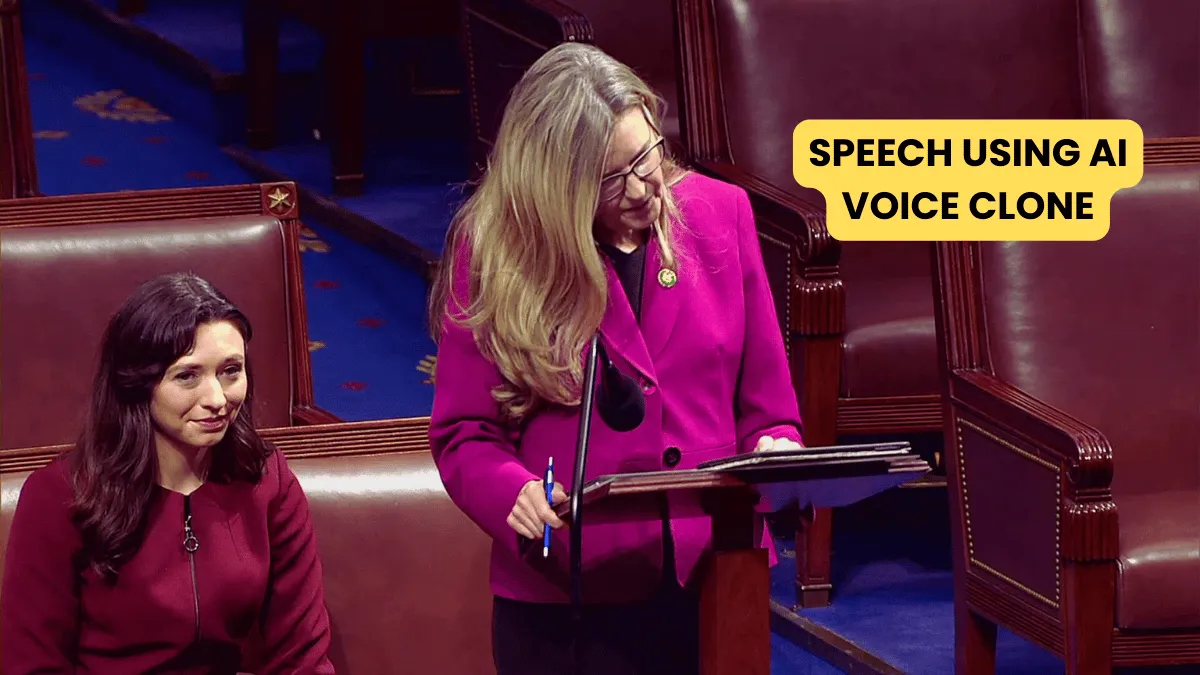On Thursday, Virginia Congresswoman Jennifer Wexton delivered a historic speech in Congress using an AI voice clone, marking a major milestone in the use of technology for accessibility. A year ago, Wexton was diagnosed with progressive supranuclear palsy (PSP), a rare neurological disease that affects her ability to speak clearly.
To overcome this challenge, Wexton turned to an advanced artificial intelligence (AI) program. This AI technology was able to create a digital version of her voice by analyzing old recordings of her past speeches and public appearances. The result was a voice clone that closely mimicked what her voice sounded like before her diagnosis.
Wexton’s speech in the House of Representatives using this AI-generated voice is believed to be the first in Congressional history. This success demonstrates the potential of AI to help people with disabilities communicate more effectively. By using this technology, Wexton not only got his message across, but also highlighted how innovations in AI can make a huge difference in accessibility and inclusion.
Use of AI to address Congress represents a new chapter in how technology can bridge the gap for people facing significant health challenges, setting an inspiring example for others in similar circumstances.

